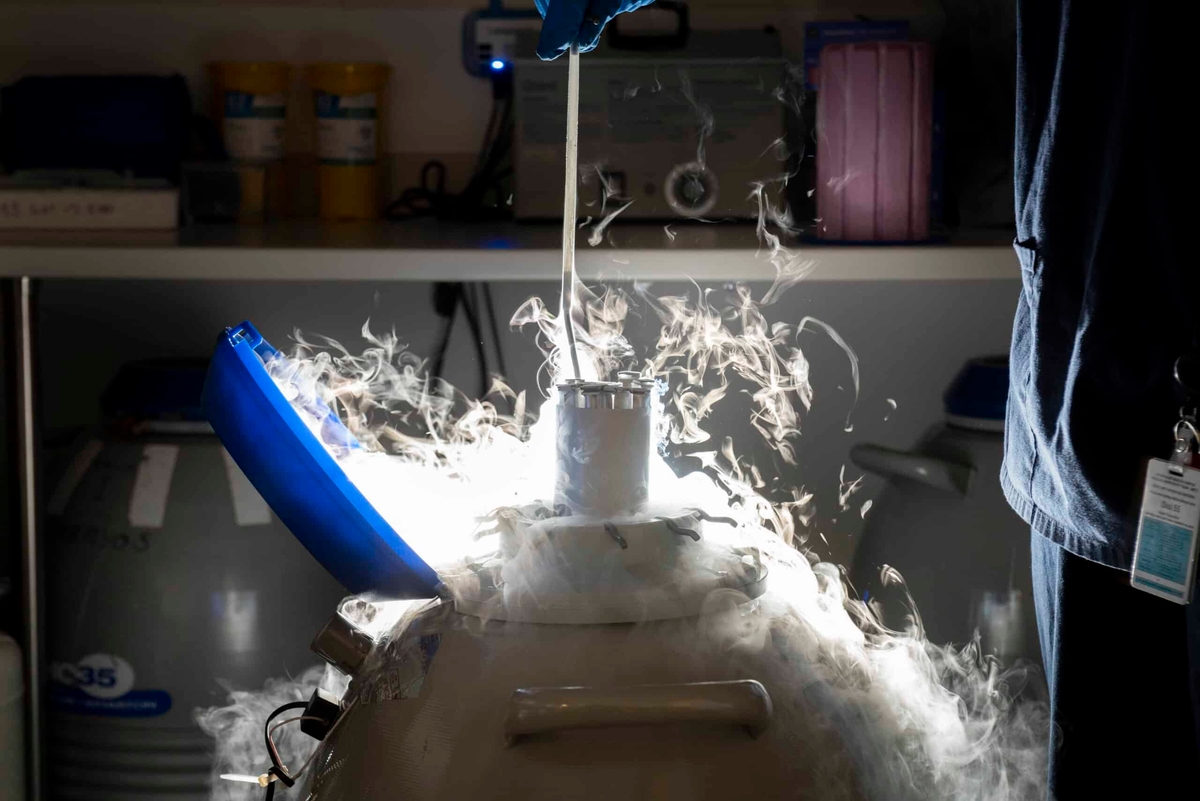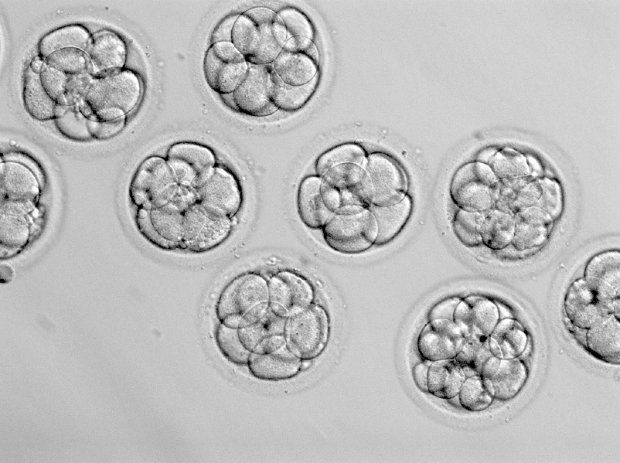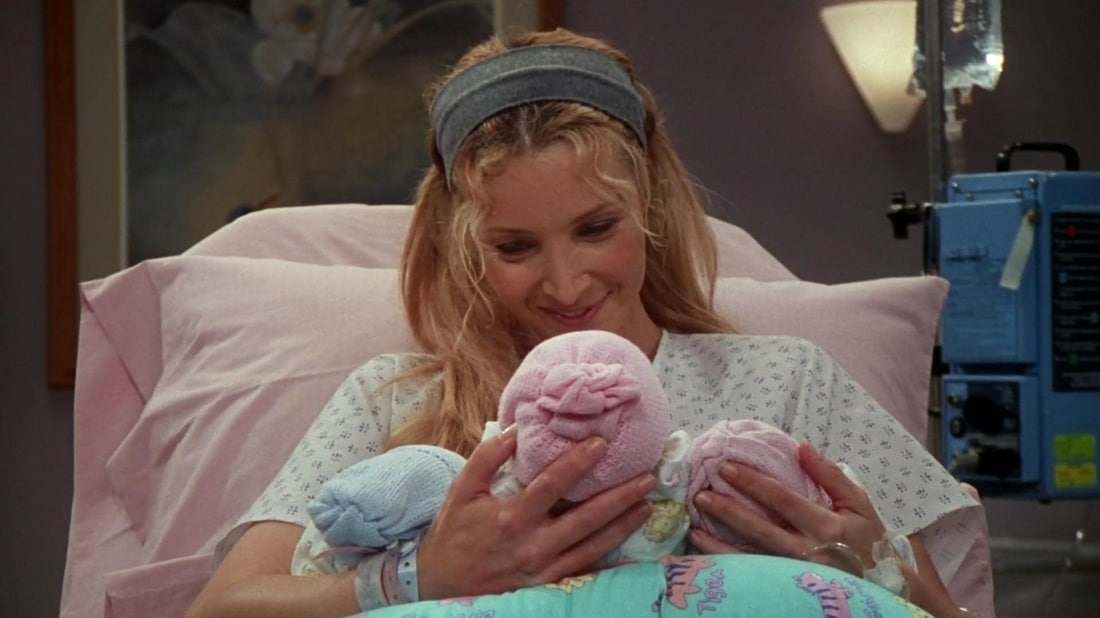Infertility Treatments
Frozen Embryo Transfer (FET)
The replacement of a thawed embryo into a patient’s uterus, after being frozen during a previous fresh treatment cycle.

What is a Frozen Embryo Transfer?
A frozen embryo transfer is the transfer of a frozen-thawed embryo back into the patient’s uterus.
Why are Frozen Embryo Transfers used?
Often, after a conventional IVF or ICSI cycle, a patient will have embryos surplus to their needs at the time. Provided these embryos are of suitable quality, they can be cryopreserved (frozen) for use at a later time during a frozen embryo transfer (FET) cycle.
What are the risks involved with a Frozen Embryo Transfer?
The risks associated with a frozen embryo transfer are minimal, but will depend on whether your Specialist has organised a natural FET cycle or a stimulated FET cycle for you.
The risks from a stimulated FET cycle are minimal compared to an IVF/ICSI cycle, as very small doses of medication are used to prepare the endometrium for transfer of the embryo.
Rarely if the endometrium fails to develop, then the cycle is cancelled and you will be reassessed as to treatment with a different stimulation protocol in your next FET cycle.
Whilst Fertility North uses the most reliable and robust form of embryo freezing (vitrification), some embryos are too delicate to survive the freezing and thawing process, so the Embryology staff will keep you well informed about the status of your embryos!









